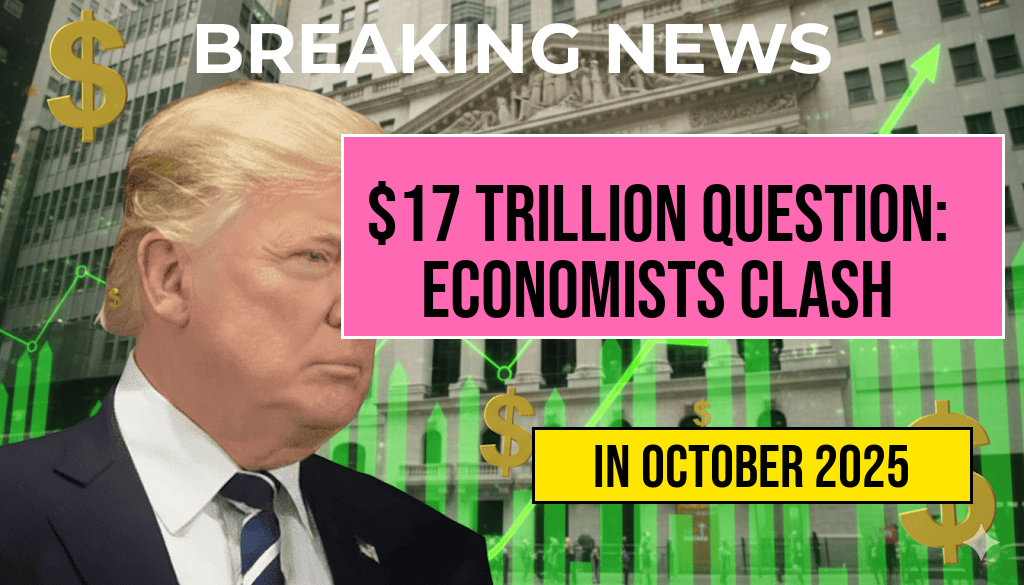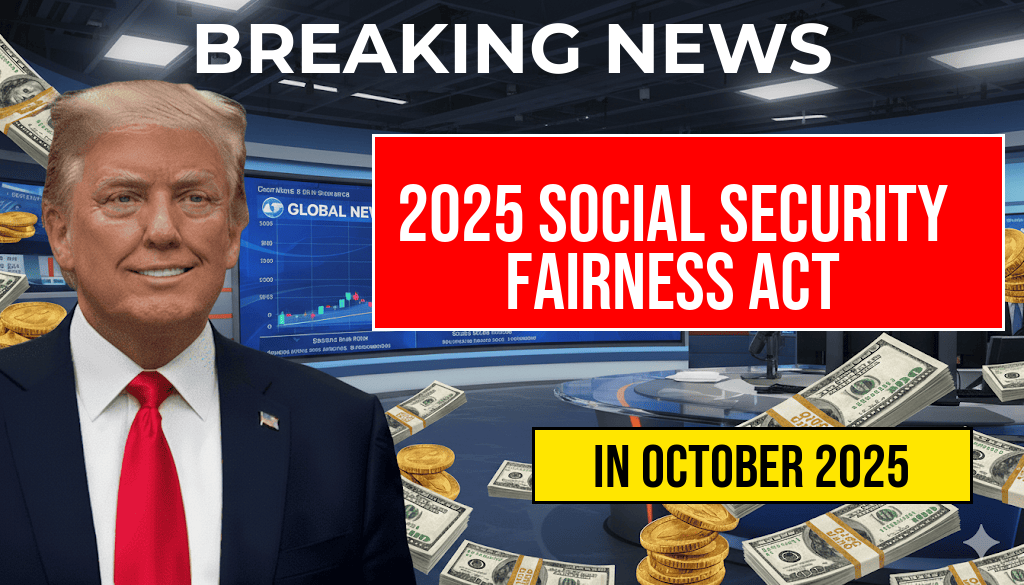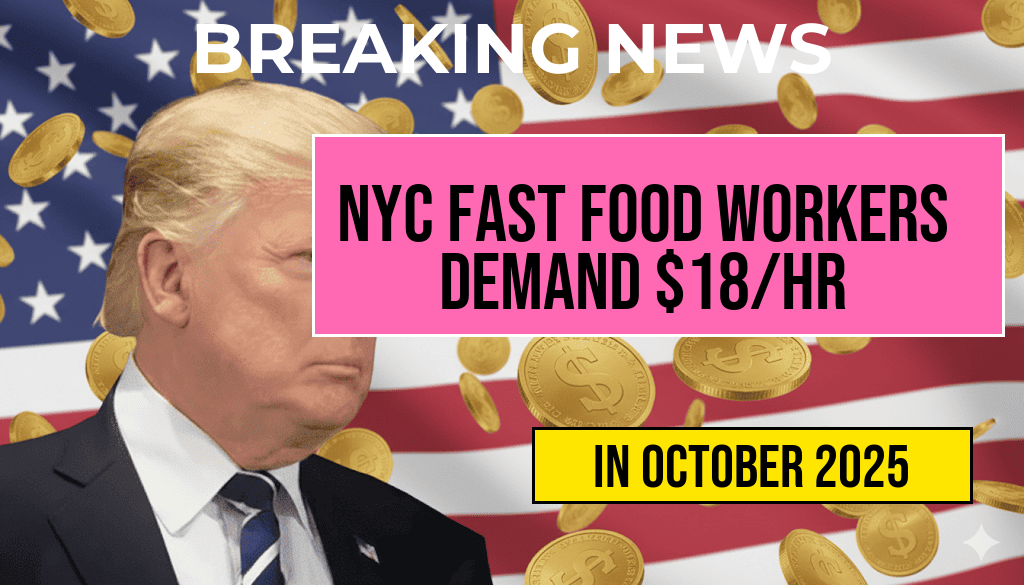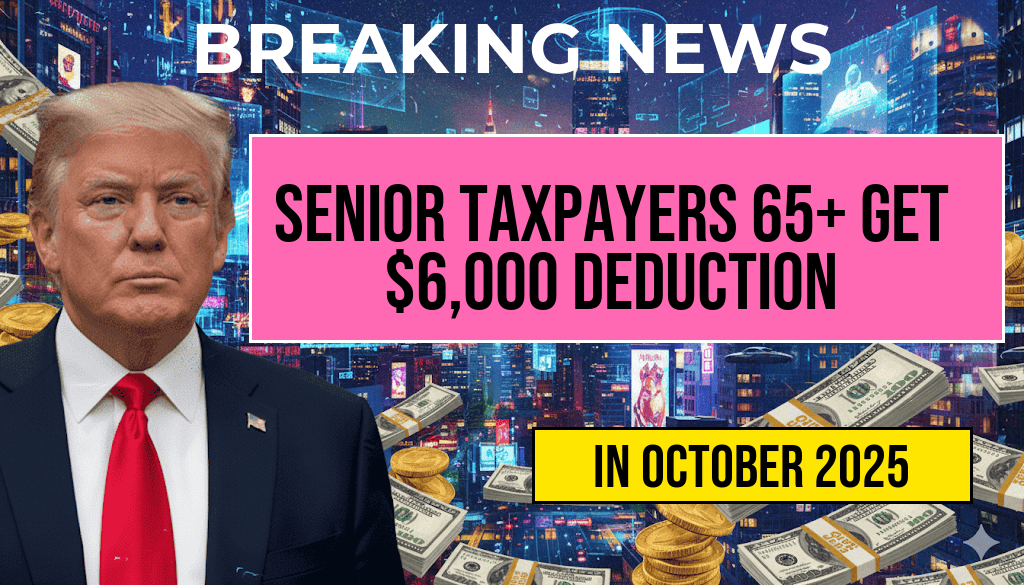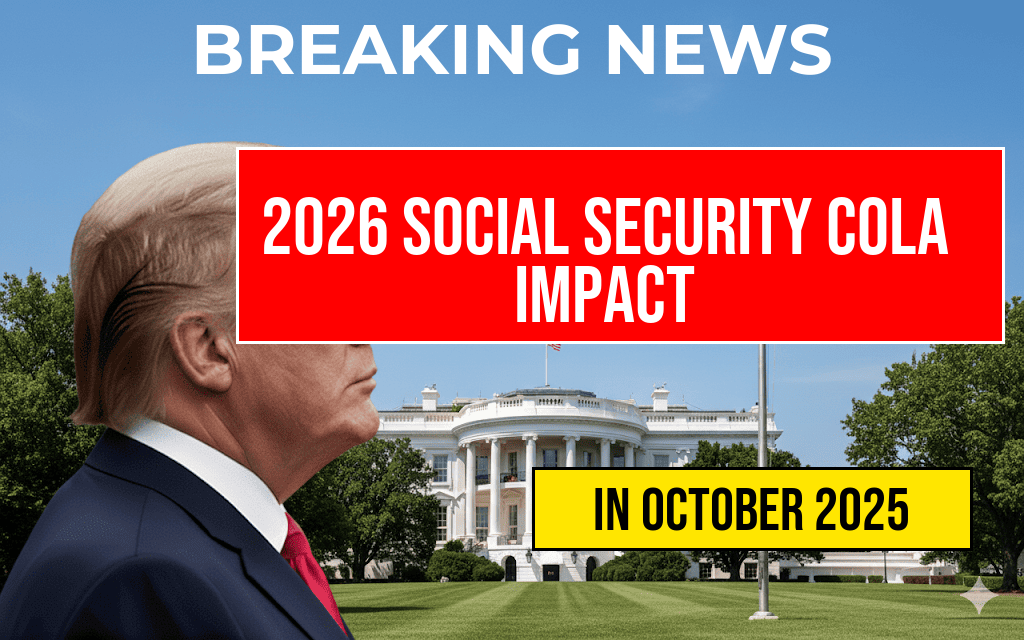Workers employed at fast food restaurants across New York City are intensifying efforts to secure a minimum wage of $18 an hour. Organized by local labor groups and advocacy organizations, the campaign aims to address longstanding concerns over low pay, unpredictable schedules, and insufficient benefits in an industry that forms a significant part of the city’s economy. As the movement gains momentum, restaurant owners and city officials are engaging in ongoing discussions about wage standards, with many stakeholders recognizing the potential impact on workers’ livelihoods and the broader economic landscape.
Background of the Campaign for Higher Wages
The push for an $18 minimum wage in NYC’s fast food sector builds upon years of advocacy for fairer compensation. Workers and activists argue that current wages, often hovering around the state’s minimum of $15 an hour, do not reflect the rising cost of living in the city. According to data from the U.S. Census Bureau, New York City’s housing and transportation expenses have outpaced wage growth, leaving many fast food employees struggling to cover basic needs.
The campaign is spearheaded by groups such as New York City Central Labor Council and Fight for $15, which have organized protests, petitions, and direct negotiations with industry representatives. The movement emphasizes that a higher minimum wage could reduce turnover, improve service quality, and foster economic stability among low-income workers.
Economic and Political Context
Advocates cite a growing body of research indicating that raising the minimum wage can lead to improved worker wellbeing without significantly harming employment levels. A study published by the University of Michigan highlights that moderate wage increases can boost consumer spending, thereby supporting local businesses.
Politically, the issue has gained traction as several city council members and mayoral candidates have voiced support for increasing the minimum wage in the fast food sector. Mayor Eric Adams has acknowledged the importance of wage reforms, though some industry leaders express concern over potential impacts on small business profitability and employment levels. The debate continues to unfold as the city considers legislative proposals and wage ordinances.
Industry Response and Challenges
Fast food companies and franchise owners have expressed mixed reactions. Some have indicated willingness to consider wage hikes, citing employee retention and customer satisfaction as priorities. Others warn that significant increases could lead to higher menu prices or reduced hours for workers.
| Aspect | Potential Effect |
|---|---|
| Worker Earnings | Significant increase in hourly wages, improving living standards |
| Fast Food Prices | Possible moderate rise to offset increased labor costs |
| Employment Levels | Debated; some studies suggest minimal impact, others caution against job reductions |
| Business Profitability | Potential squeeze on profit margins for franchisees and owners |
Community and Worker Perspectives
For many fast food workers, the campaign represents more than just a wage increase; it embodies a quest for dignity and economic security. Maria Lopez, a shift supervisor in Brooklyn, shared her experience: “$15 an hour barely covers my rent and groceries. An $18 minimum wage would make a real difference in my life and give me hope for the future.”
Labor organizers emphasize that fair wages are essential for reducing the cycle of poverty that affects many low-income workers in the city. They point to studies suggesting that higher wages can lead to better health outcomes, reduced reliance on public assistance, and improved mental well-being.
Legal and Policy Developments
City officials are exploring legislative measures that could formalize the wage increase. A proposed bill, currently under review by the NYC Council, aims to gradually raise the minimum wage for fast food workers to $18 an hour within the next two years. The legislation also includes provisions for enforcing wage standards and preventing wage theft.
Legal experts note that such policies would need to align with state and federal labor laws. The state’s existing minimum wage law sets a baseline, but local ordinances can establish higher standards for specific sectors, provided they do not conflict with broader regulations.
Looking Ahead
As the campaign gains visibility, stakeholders are preparing for a series of negotiations, public hearings, and potential ballot initiatives. The outcome could influence labor standards not only in New York City but also serve as a model for other urban centers seeking to elevate wages in the fast food industry.
For workers and advocates, the push for an $18 minimum wage underscores a broader movement toward economic justice and fair compensation. As discussions continue, the city’s approach to balancing economic growth with workers’ rights remains a focal point in the evolving landscape of labor policy.
Frequently Asked Questions
What is the main goal of the New York Fast Food Workers Campaign?
The campaign aims to advocate for a minimum wage of $18 an hour for fast food workers in New York City to improve their economic conditions and ensure fair compensation.
Why are fast food workers in NYC demanding a higher minimum wage?
Fast food workers are demanding a higher minimum wage because many currently earn below a living wage, facing financial struggles despite working full-time hours. The campaign seeks to address income inequality and improve working conditions.
How does the campaign plan to achieve the $18 an hour minimum wage goal?
The campaign plans to organize protests, advocacy efforts, and collaborations with labor unions to pressure policymakers and fast food corporations into raising the minimum wage to $18 an hour.
What impact could this increase in minimum wage have on fast food workers?
Raising the minimum wage to $18 an hour could significantly improve living standards, reduce financial stress, and provide fast food workers with fairer compensation for their hard work.
Are there any challenges or opposition to the campaign for a higher minimum wage?
Yes, opponents argue that increasing wages could lead to higher business costs and potential job losses. The campaign works to address these concerns while emphasizing the importance of fair pay and economic justice.


